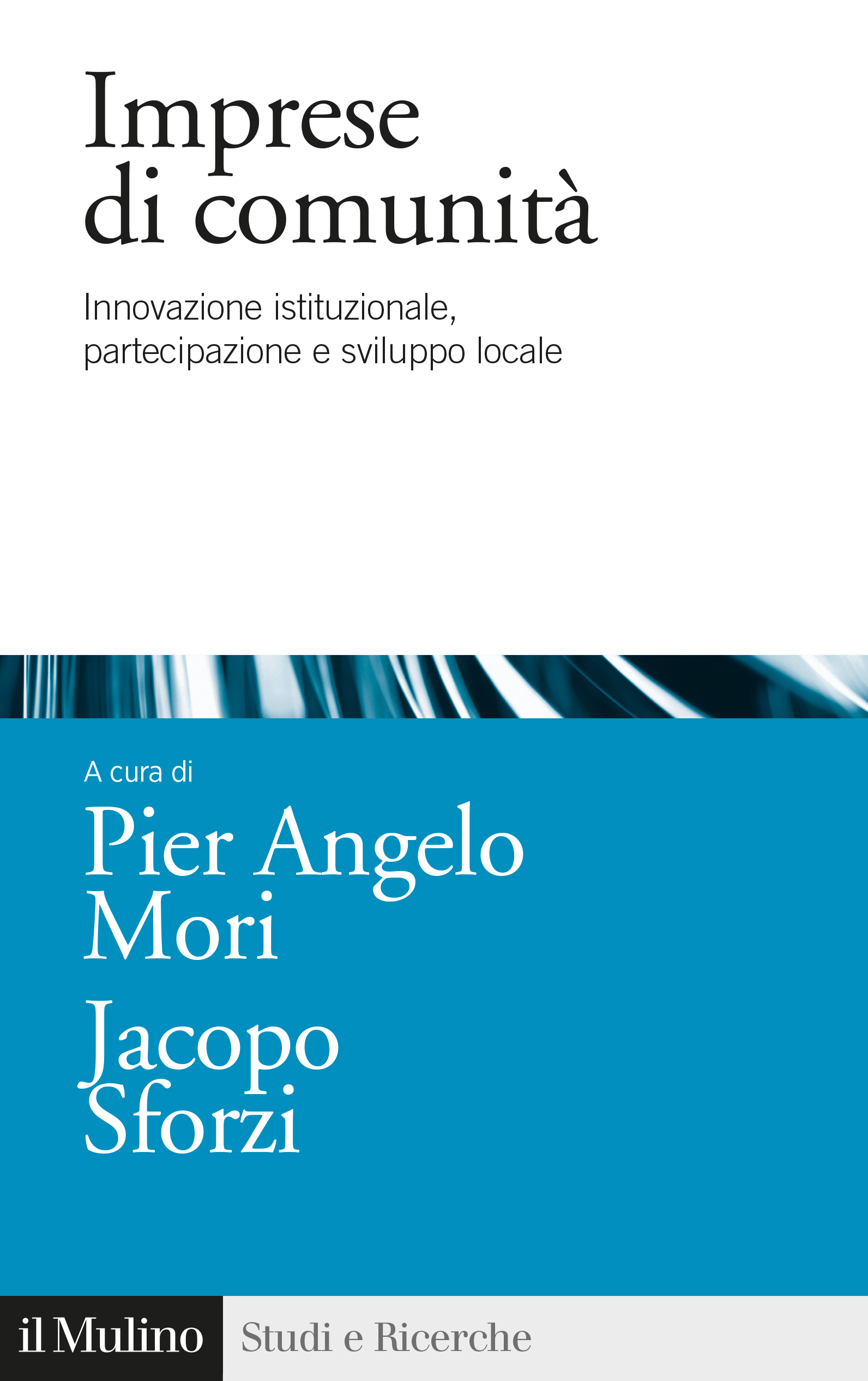Community enterprises. Institutional innovation, participation and local development.
Community enterprise is both a new and ancient phenomenon. It lies within the framework of modern enterprise, which arose with capitalism during the Industrial Revolution, but does not belong to the field of capitalist enterprise. Since the nineteenth century, alongside it, which is preordained to the satisfaction of the interests of capital, there has developed a broad set of forms of enterprise that, while privately controlled, are characterized by purposes other than those of capitalist enterprises and belong to the third sector. Here we find the community enterprise, which is essentially characterized by two features: the benefit to the community created through a business activity and the participation of its members-the ultimate recipients of the benefit-in the management of it. The earliest examples of this form of enterprise appear in the late nineteenth century, when the first cooperatives appear that produce goods or services of general interest to a local community, such as electric cooperatives, credit cooperatives (rural and artisan banks), some production cooperatives (such as social dairies) and consumer cooperatives. It is a historical process that is far from linear, with the emergence and rapid disappearance of several such business ventures, but also the consolidation of others, and then the transformation of these and the emergence of new ones.
Today there is a revival of the phenomenon in new forms, both with regard to organizational aspects and fields of intervention. On the other hand, there is also a growing interest in society for new forms of aggregation and civic activism in new fields of activity. This intersects with the historical path of community enterprise and means that there is now an interest in community enterprise that was sometimes lacking in the past, mainly during the periods of maximum strength and expansion of classical enterprise, on the one hand, and of public intervention in the economy, on the other. Coinciding with the tarnishing of both, community enterprise has become, at least on an ideal and design level, highly topical.
The book “Community Enterprises. Institutional Innovation, Participation and Local Development” (il Mulino) focuses on the most recent part of this journey, particularly on new forms of community enterprise. This is a complex of experiences that is rapidly growing and evolving and, moreover, has within it a wide diversification depending on the places of life in which these enterprises emerge and operate. All this makes it an object that is not easy to identify, classify and thus analyze. The present paper aims to make a contribution in this regard.
To better focus on the nature of this work, it is appropriate to recall how it came into being. It all stems from empirical research on community enterprise in Italy, promoted and conducted by Euricse through case studies. The choice of this methodology is justified by the already mentioned characteristics of the phenomenon: novelty, heterogeneity, low numerosity.
The structure of the book has two levels: a theoretical-conceptual one and an empirical-descriptive one. In order to set up the field investigation, it was necessary to develop a conceptual grid, and the first part of the book is devoted to this, which then goes on to address a number of concrete issues, with close reference to the case studies of empirical investigation. The nature of empirical inquiry also draws the boundaries of the book. Given the limited consolidation of the phenomenon, and the absence of firm data on community enterprises in Italy, the goal of comprehensively surveying this reality was premature and difficult to accomplish. Therefore, it was not in the objectives of the work to draw a complete picture of the current reality of community enterprise in Italy, but rather to isolate, on the basis of the cases studied, the trends that seem most significant at the moment, without any claim to completeness. We believe that the material collected is sufficient to start an initial reflection, but it also constitutes an important starting point for future in-depth studies. The hope is that this first step will serve to stimulate a wider debate in the non-academic public and to arouse interest, curiosity and new ideas in the citizenry.
Buy your copy here
